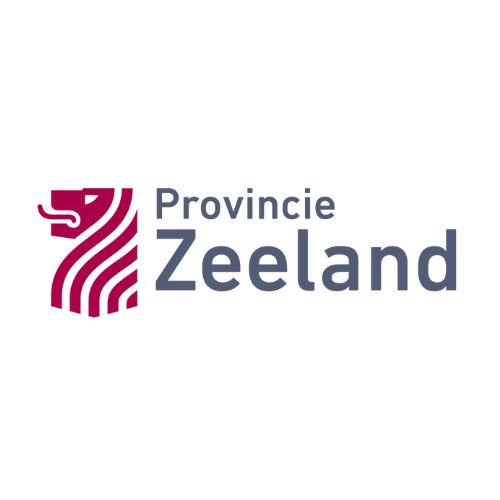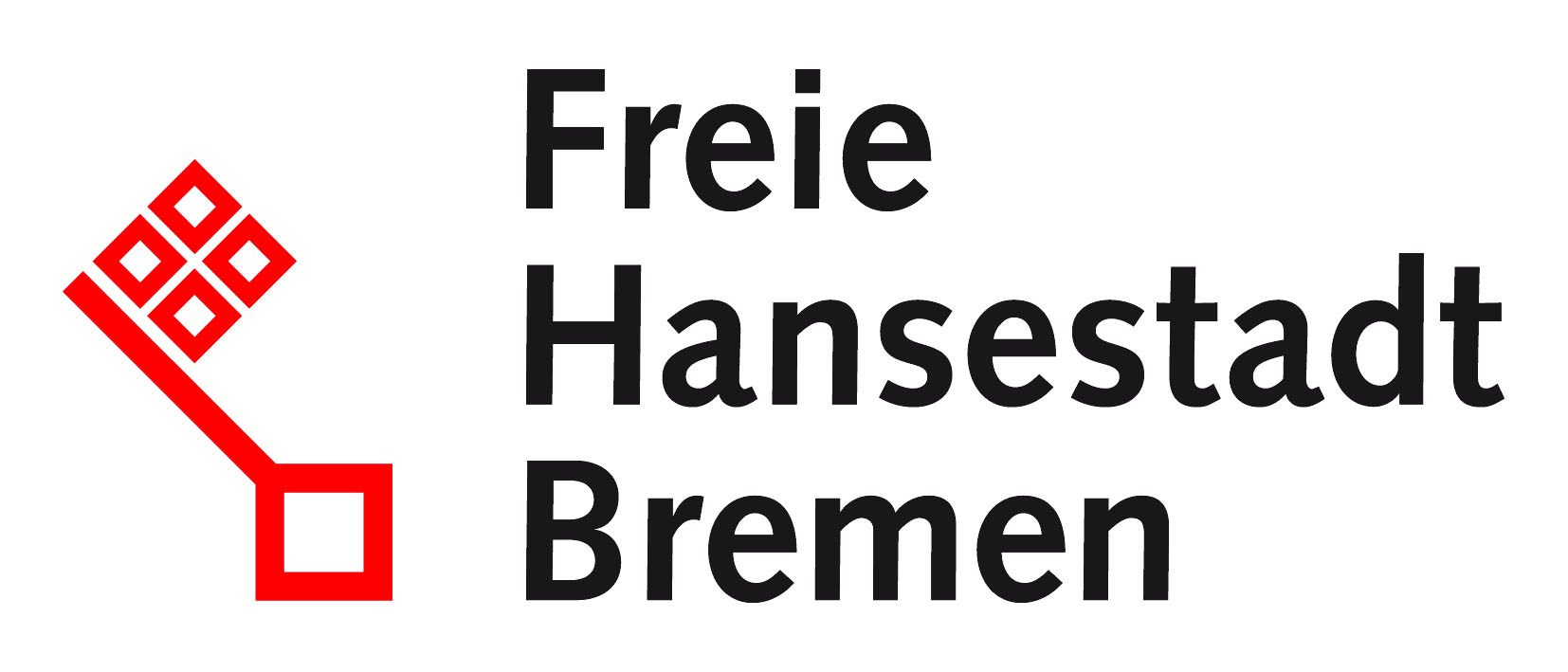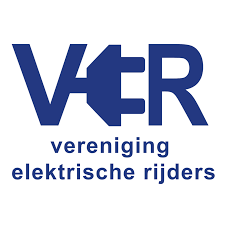The province of Zeeland will be the lead partner of the project. They are responsible for project, knowledge and communication management. Within the Work Packages, the province of responsible for several activities:
- WP1 transnational stakeholder mapping for both the end-users as well as the suppliers of SSCH-technology and a report about the understanding of the virtual powergrid.
- In WP2, they will cooperate with the city of Vlissingen and Agrisnellaad to update the existing feasibility study for the SSCH in Vlissingen and develop it, lead the transnational exchange sessions and map best practices.
In WP3, Zeeland will lead the site vistis and masterclasses for companies and for cities and regions and the development of the SSCH manual for cities and regions.
City of Vlissingen
- The City of Vlissingen has the local transport knowledge and knows which SMEs are present in the area. Apart from that, it will play a role in communication. The city also has knowledge on previous projects related the E-Mobility Park at the Kenniswerf.

 As lead for the Danish consortium, Gate 21 will ensure communication between the overall project and the Danish consortium and secure a good process to make sure that the project progress as planned and ensure that the Danish feasibility study is completed. In addition, Gate 21 will support the partners with the administrative tasks, as well as ensure that the project's results are shared with the project's other partners. Gate 21 also holds an important task in ensuring the spread of the result through a communication brief to clarify strategy and content for new SSCH Living Labs. As a next step Gate 21 will be hosting meetings with relevant organizations such as municipalities and housing organizations to spread knowledge about the result of the feasibility study and hopefully create initiative to create more SSCHs in Denmark.
As lead for the Danish consortium, Gate 21 will ensure communication between the overall project and the Danish consortium and secure a good process to make sure that the project progress as planned and ensure that the Danish feasibility study is completed. In addition, Gate 21 will support the partners with the administrative tasks, as well as ensure that the project's results are shared with the project's other partners. Gate 21 also holds an important task in ensuring the spread of the result through a communication brief to clarify strategy and content for new SSCH Living Labs. As a next step Gate 21 will be hosting meetings with relevant organizations such as municipalities and housing organizations to spread knowledge about the result of the feasibility study and hopefully create initiative to create more SSCHs in Denmark.
 ASTER is a cooperative company of Flemish social housing companies with the main aim of supporting the social housing sector in making their building stock more sustainable.
ASTER is a cooperative company of Flemish social housing companies with the main aim of supporting the social housing sector in making their building stock more sustainable.
ASTER will contribute to the project with technical experience in the production of sustainable energy, the development of charging infrastructure and with experience in communication with various stakeholders (social housing companies, social tenants, local residents and authorities).
ASTER will initially carry out a feasibility study (both technical and financial) into the development of an SSCH, in close consultation with the Flemish social housing authorities. ASTER will then select a test site for the concrete implementation of an SSCH based on the results of this research. ASTER will closely monitor the operational functioning of the prototype according to the conditions established by the project partners. ASTER will report its findings extensively with the aim of optimizing the installation and operation of the developed prototype in order to enable a large-scale rollout.
ASTER will, in close collaboration with the other partners, disseminate the different project outcomes.
 GreenFlux develops a charge station management system. One of GreenFlux's core competences is applying smart charging on charge stations and electric vehicles. This expertise will be utilised in the SSCH project.
GreenFlux develops a charge station management system. One of GreenFlux's core competences is applying smart charging on charge stations and electric vehicles. This expertise will be utilised in the SSCH project.
GreenFlux will develop a smart charging algorithm that will be utilised in the pilot(s). The goal of this algorithm is to manage the capacity/power consumption at the pilot location as good as possible.
 VUB-MOBI is the innovative research hub for electromobility in Europe. With more than 100 specialists we support the transition to a more environmentally friendly and electrified mobility and transport system. VUB-MOBI is the technological expertise centre in many areas ranging from electric and autonomous driving, to innovative batteries, intelligent drive systems and energy management, power electronics and charging infrastructure. In addition, we provide knowledge regarding business planning and consumer behaviour, and look at the integration of electric vehicles in energy communities and smart grids.
VUB-MOBI is the innovative research hub for electromobility in Europe. With more than 100 specialists we support the transition to a more environmentally friendly and electrified mobility and transport system. VUB-MOBI is the technological expertise centre in many areas ranging from electric and autonomous driving, to innovative batteries, intelligent drive systems and energy management, power electronics and charging infrastructure. In addition, we provide knowledge regarding business planning and consumer behaviour, and look at the integration of electric vehicles in energy communities and smart grids.
The VUB-MOBI research group will lead the activities related to the identification of different stakeholders needs, the assessment of the living-lab pilot sites fleets and charging infrastructure implementation, and the development of high-level feasibility studies and business plans for follower local authorities and companies.
 Flux50 is the Flemish cluster organisation on energy transition bringing together more then 250 companies, research institutes, local governments, education centres and business federations. One of the main focal themes of Flux50 is on energy communities, where Flux50 manages a learning network of experienced stakeholders and conducts/facilitates several projects. These energy communities often also include charging hubs as well as smart energy management. We have a vast ecosystem of educational organisations and are also active in international networks with other clusters on the topic of electric charging.
Flux50 is the Flemish cluster organisation on energy transition bringing together more then 250 companies, research institutes, local governments, education centres and business federations. One of the main focal themes of Flux50 is on energy communities, where Flux50 manages a learning network of experienced stakeholders and conducts/facilitates several projects. These energy communities often also include charging hubs as well as smart energy management. We have a vast ecosystem of educational organisations and are also active in international networks with other clusters on the topic of electric charging.
Flux50 will be mainly involved in activities on sharing insights on existing knowledge within the Flemish region on the topic of electric charging, smart energy management as well as creating links with existing charging hubs and innovation projects. Flux50 will perform outreach to companies, business organisations and other stakeholders in Flanders and in a broader sense in all Europe through collaboration with the International Cleantech Network.
 AgriSnellaad is the market leading CPO in the province of Zeeland. We are highly qualified in developing charging locations and the use of smart charging techniques. Agrisnellaad will be involved in all WP's. They will contribute to WP 1 when it comes to among others the living lab service design. In WP2, they will cooperate with the lead partner and the city of Vlissingen for among others the update of the feasibility study in Vlissingen and also they will develop and build the super smart charging hub in Vlissingen. In WP3, they will share their experiences for the uptake and will work also on their own business plan for additional SSCH's.
AgriSnellaad is the market leading CPO in the province of Zeeland. We are highly qualified in developing charging locations and the use of smart charging techniques. Agrisnellaad will be involved in all WP's. They will contribute to WP 1 when it comes to among others the living lab service design. In WP2, they will cooperate with the lead partner and the city of Vlissingen for among others the update of the feasibility study in Vlissingen and also they will develop and build the super smart charging hub in Vlissingen. In WP3, they will share their experiences for the uptake and will work also on their own business plan for additional SSCH's.
 Way To Go (formerly known as Autodelen.net) is the Carsharing and shared mobility network in Belgium and promotes and supports the alternative use of transport modes and is one of the inventors of the Flemish concept of ‘mobipunten’ (mobihubs) and has a lot of experience in he installation of electric mobihubs. As network organization, it has strong connections with important stakeholders such as operators, (local) governments and other intermediary partners.
Way To Go (formerly known as Autodelen.net) is the Carsharing and shared mobility network in Belgium and promotes and supports the alternative use of transport modes and is one of the inventors of the Flemish concept of ‘mobipunten’ (mobihubs) and has a lot of experience in he installation of electric mobihubs. As network organization, it has strong connections with important stakeholders such as operators, (local) governments and other intermediary partners.
Way To Go will actively disseminate the results of the project and will especially inspire shared mobility operators about the SSCH as these operators are one of the potential end-users.
Way To Go will be responsible for the communication and dissemination activities within the SSCH project. As a network organisation, Way To Go has good relations with both national and international authorities, shared mobility providers and other stakeholders that can play a role in the dissemination of the project within and outside the interreg area. Way To Go is also the co-founder of the yearly, unconventional shared mobility symposium “Shared Mobility Rocks” and has a lot of experience in the organisation of small and big conferences.
 Hub Park is a real estate / property company but works within the field of infrastructural solutions and service design and are active in several projects and collaborations for sustainable urban design. This will contribute to the project with contact to the consumers and municipalities.
Hub Park is a real estate / property company but works within the field of infrastructural solutions and service design and are active in several projects and collaborations for sustainable urban design. This will contribute to the project with contact to the consumers and municipalities.
ub Park will act as a provider of one (or more) sites for a Super Smart Charging Hub in southern Sweden and will also support new business (SME’s) to create business solutions for SSCH at mobility properties
 The Ministry of Construction, Mobility and Urban Development of the City of Bremen is the local authority responsible for transportation planning, sustainable mobility measures, sustainable neighbourhood development and creating and managing legislation for urban development and mobility management measures.
The Ministry of Construction, Mobility and Urban Development of the City of Bremen is the local authority responsible for transportation planning, sustainable mobility measures, sustainable neighbourhood development and creating and managing legislation for urban development and mobility management measures.
Bremen will deliver a thorough feasibility study for the living labs’ concepts. By conducting a feasibility study within the context of the city of Bremen, Bremen attempts to transfer the living labs’ results and to provide lifelike feedback that is a prerequisite for upscaling the innovative solutions.
Moreover, Bremen will share its expertise and knowledge within the project consortium with a special focus on current projects in which Bremen participates. Bremen aims to join all project meetings.
 The Dutch EV drivers Association (Vereniging Elektrische Rijders, VER) is the Dutch voice of and independent source of information for the electric driver and has 17,000 members and more than 30 'friends of VER': these are professional organizations such as, for example, the DUtch Ministry of Infrastructure and Water, ElaadNL, universities, chargepastop-10, insurance companies and nergy companies. VER is also one of the initiators of the Global EV Alliance (www.globalEValliance.com), a network of nearly 60 (national) electric driver associations in more than 33 countries. Many members are from Europe, including, among others, Denmark, Sweden, France and Germany. This alliance has now been in existence for more than 4 years and exchanges best practices and policies, and jointly discusses topics such as EV policy, EV lobbying, charging policy, smart charging and new developments such as V-2-X, for example.
The Dutch EV drivers Association (Vereniging Elektrische Rijders, VER) is the Dutch voice of and independent source of information for the electric driver and has 17,000 members and more than 30 'friends of VER': these are professional organizations such as, for example, the DUtch Ministry of Infrastructure and Water, ElaadNL, universities, chargepastop-10, insurance companies and nergy companies. VER is also one of the initiators of the Global EV Alliance (www.globalEValliance.com), a network of nearly 60 (national) electric driver associations in more than 33 countries. Many members are from Europe, including, among others, Denmark, Sweden, France and Germany. This alliance has now been in existence for more than 4 years and exchanges best practices and policies, and jointly discusses topics such as EV policy, EV lobbying, charging policy, smart charging and new developments such as V-2-X, for example.
VER will be involved for communication and dissemination of information.
 With over 100 years' expertise in social housing, Partenord Habitat now owns more than 50,000 homes. The company is particularly interested in the subject of intelligent building.
With over 100 years' expertise in social housing, Partenord Habitat now owns more than 50,000 homes. The company is particularly interested in the subject of intelligent building.
In this project, Partenord Habitat will play a follower role in the Living Lab led by ASTER. The aim of this participation is to learn from the practical case carried out by ASTER. The analysis of how to set up an intelligent building to improve tenants' energy consumption.
This reflection will be particularly strong at the time of the implementation of a feasibility study in WP3, but the company will contribute to all the reflections from the very first meetings and exchanges to form the Living Labs.
 Sustain specializes in climate-optimizing properties and developing the infrastructure necessary to realize the climate goals. Sustain works to reduce energy waste, create a healthier indoor climate and future-proof properties to be included in the energy system of the future.
Sustain specializes in climate-optimizing properties and developing the infrastructure necessary to realize the climate goals. Sustain works to reduce energy waste, create a healthier indoor climate and future-proof properties to be included in the energy system of the future.
Sustain will lead the design process of the feasibility study for the SSCH in Denmark and define the feasibility concept. They will identify user needs, grid constraints and legal/financial aspects and technical capabilities/possibilities among their Danish partners and customers. Their insights in sector integration will contribute to a feasibility study aiming at grid balancing.
